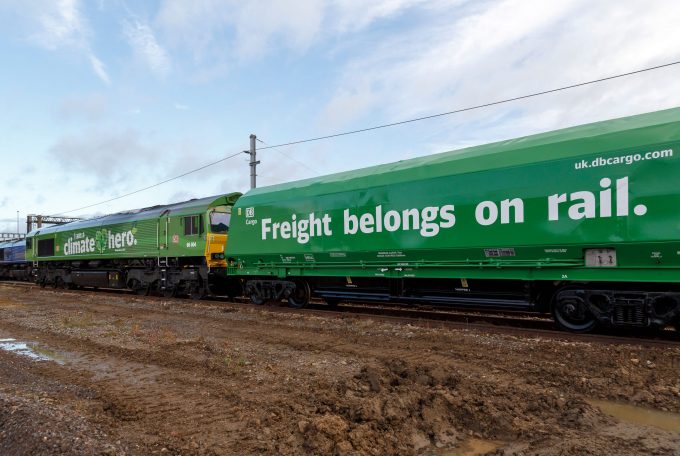cplchanb
Senior Member
great. fear mongering at its best. ML is getting DB to electrify. i doubt DB will choose a presto card bespoke solution over tried and test universal systems.None of that, actually.
Why would they allow a third party to string wires which the third party has chosen and which may not match whatever technology or specs that they may eventually land on, especially considering how much standardization the North American rail network demands.
Worst case the third party tenant would be contractually obligated to remove or alter said wires if the industry goes VHS after ML chooses Beta.
great lets just shrug our shoulders when things get a bit difficult and sweep in under the rug for the next generation to worry about. thats just lazy excuses and its quickly pushing canadian infrastructure down towards 2nd and even 3rd world country standards. how can india have more sophisticated rail infrastructure than us when we laugh at their seemingly lower class than us? thailand? phillipines?And then it creates precedent for accommodating demands from VIA, Exo, West Coast express, or whomever, who may have their own specs or choices.
And why would they then have to develop operating and maintenance procedures and methods, satisfy regulators and unions. Train their own personnell plus at minimum first reaponders and potentially contractors….. when there is absolutely no benefit to their own customers stakeholders and shareholders.
our rail companies are a joke when it comes to innovation. their hydrogen trains are just a stopgap to avoid stepping into the pond.





